Mangalore, July 31: “Initiative of Talent Research Foundation gave me self-confidence and a sense of social responsibility. I now teach students who had to curtail their education due to personal problems”, said Ashraf Bengre.
Bushra, a 22 year old girl, said that she had left school for four years before TRF insisted her to face SSLC exams. “The TRF encouraged me to continue education and helped to complete PUC too. Now, I am pursuing my graduation along with 20 other drop-outs. I am grateful to TRF for guiding and encouraging us”, she said.
Like Ashraf and Bushra there were several beneficiaries of TRF's “Marali Baa Shaalege” (return to school) campaign, who exhibited a new spirit and enthusiasm at “Inspire-2011”- Drop-out Students & Teachers Meet organised by TRF at Jamiyyathul Falah Auditorium here on Sunday.
Mohammed Rafiq Master, Advisor, TRF, outlined the campaign of TRF and said that the organisation has 69 centres across Karnataka and over 700 drop-out students have written exams this year.
TRF is working hard to educate the students who have had to quit school due to various reasons. A widow and a mother of three, is among the students who wrote SSLC exams this year under our program, he informed.
The program was inaugurated by Ashraf Bengre and Mohammed Yusuf, beneficiaries of the program by releasing TRF project guide for the year 2011-2012.
Dr. Mohammed Kaup, General Secretary, Beary's Cultural Forum, congratulated the efforts of TRF and advised the students to pursue higher education.
“SSLC or PUC is not enough if you wish to excel in this competitive world”, he observed. He also noted that age is no bar to get educated.
“I have had a student who passed his 12th at the age of 55, and Bachelors Degree at 60” he recollected. We should be thirsty to know more, he said motivating the students to work harder in their lives.
He appreciated the teachers, who endured great troubles in educating drop-out students.
227 students have passed their SSLC and PUC under this campaign this academic year.
Abdul Rauf Putthige, Chairman, TRF, Kasim Ahmed H K, Founder-President, Hidayah Foundation, K K Sahul Hameed, General Secretary, Jamiyyathul Falah Udupi & Dakshina Kannada districts were present among the others.
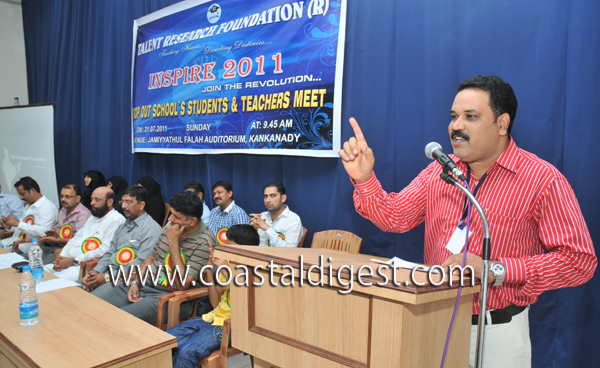
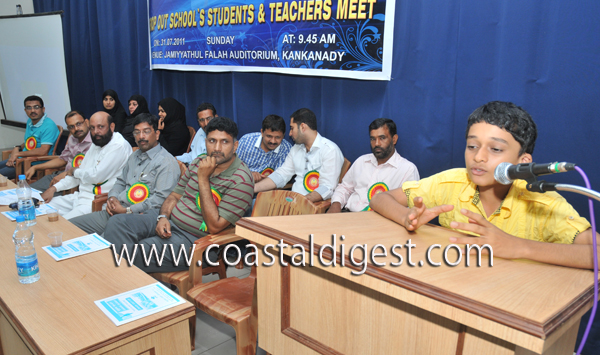


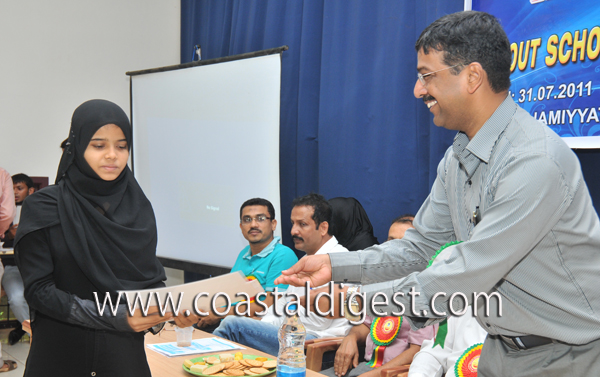
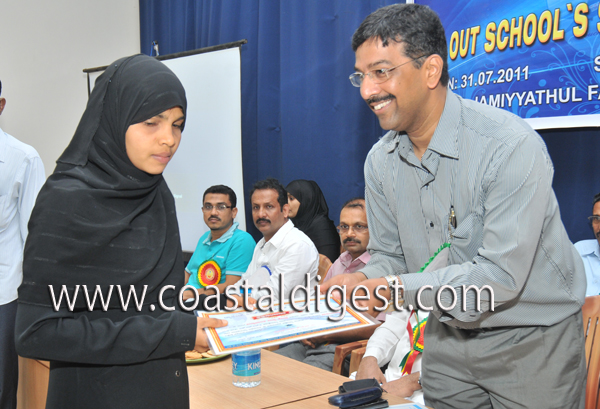
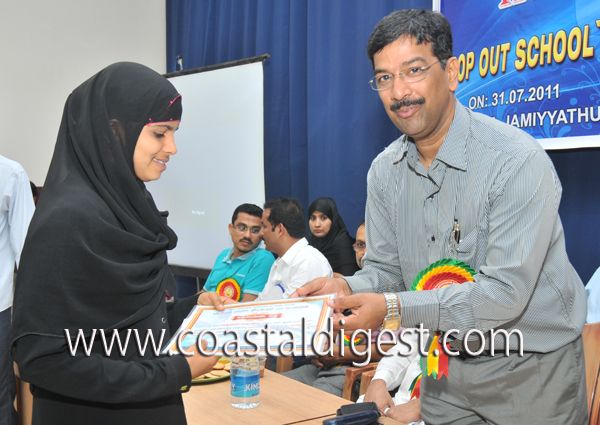
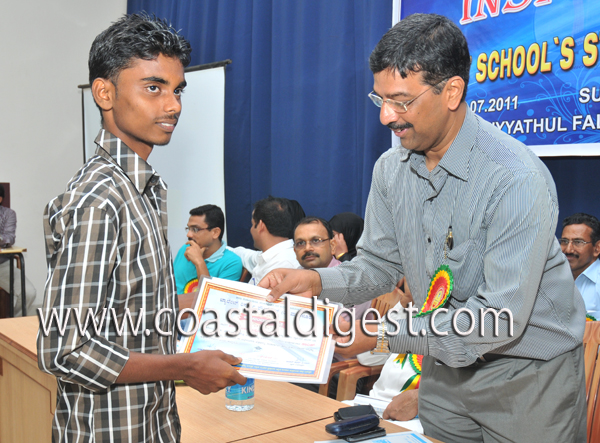
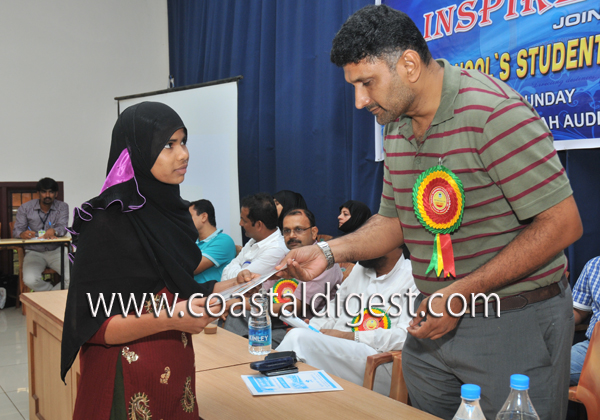
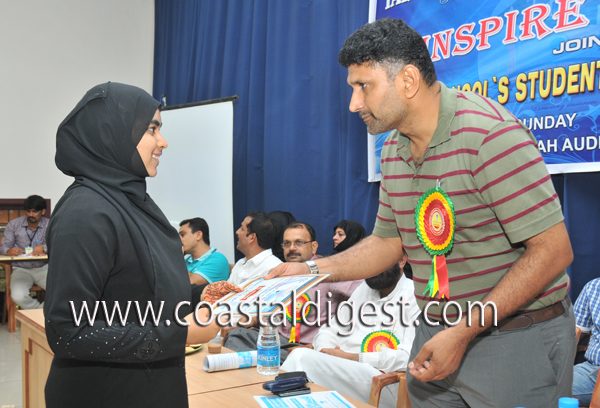
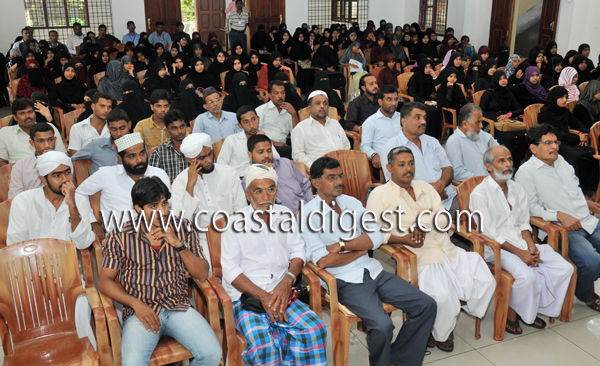
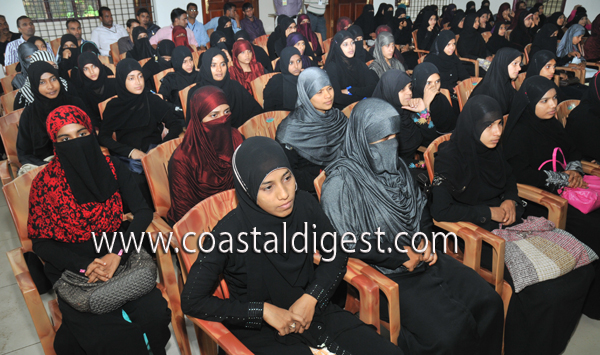
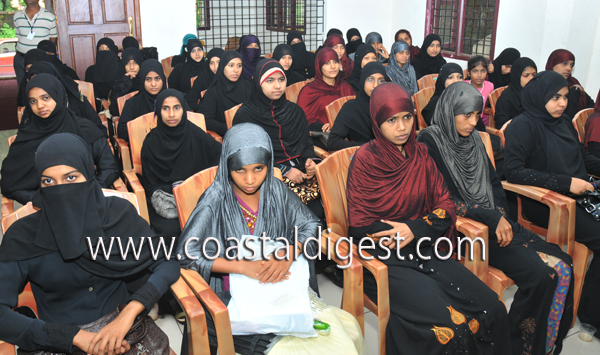
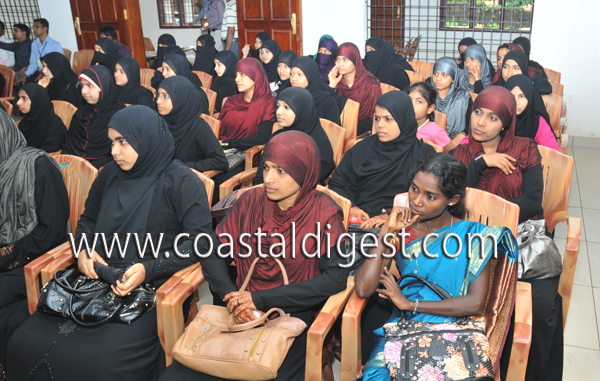





Comments
Add new comment